Newsletter - September 2020
International news about Open Recognition and uses of Open Badges!
- Inclusive interview
- ORA News
- International News
- Events & Workshops
- Open Badges Platforms news
- Reading corner
Interview of François MILLET (Le Dôme - Caen - France)
Who is François MILLET and what is Le Dôme of Caen (France) that we hear a lot about in the french Open Badge community?

I am one of the co-founders of the Dôme in Caen and I develop participatory research and innovation programmes there. Indeed, the Dôme is a centre of Scientific, Technical and Industrial Culture. There are several CCSTIs per region in France and they cover a wide variety of identities and practices. Our orientation at the Dôme is particular because it is not a matter of popularisation or pedagogy, which can be found with talent in the majority of these centres. Our proposal is to invite the population, above all “adults”, to participate in research programmes or the development of services by taking up scientific and social issues: mobility, energy transition, health, natural resources, agriculture, education, digital technology, etc. We wish to move the public from the position of a visitor to that of an actor in the world of tomorrow.
After your double passage in Badge Clinic and considering all the activity you generate at the Dôme, you could be diagnosed as badge hyperactive! Can you tell us about your philosophy in terms of open recognition? How is it that you badge so much? Isn't there a risk that too many badges kill the badge?
Participation is the watchword of the Dome. But this cannot be decreed and there is no participation without recognition of this participation. This need to recognise a commitment, to value those who give their time, but also to be able to claim what one has discovered or learned was a reflection that we had for a long time, without finding a solution. With the discovery of the open badges, the obvious thing became clear to us. It seemed to us to be the ideal tool to enable everyone to recognise that one takes part in a project and that one contributes to it, but also to the part one gets out of it.
As for the risk of profusion: the badges that will disappear are those that will have the least value for the people who benefit from them and are therefore not indispensable. The badges offered by the Dome reflect the diversity of approaches and workshops that are open to the public. Sometimes they are co-constructed with the participants, sometimes they are mass-produced during an event, some are unique and others have been in existence since we launched our programme. In reality, it’s not that there are too many badges, it’s that we only do things that deserve recognition for those who participate! Moreover, we are 5 structures at the Dôme to have seized this tool and we host the dynamic “Badgeons la Normandie”, which adds to the “multiplier” feeling of the place.
In reality, this impression of profusion is only perceptible to professionals in the field, but is certainly far removed from the feelings and experiences of the people who benefit from it, each one having his or her own door of entry into the open badges. And the more channels we multiply, the more chances we have that the approach will make sense outside our (small) communities.
You often advocate a pop-culture approach, sometimes even Punk of the badge! Tell us about it?
There is not enough space in this article to talk about it properly but as the poet would say “Do or do not, there is no try”. So I think that pop culture identity goes hand in hand with the participatory and popular education approach we are putting in place at the Dôme. Pop culture is one that everyone allows themselves to use, adapt, remix, … It gives rise to diversified and creative uses, easily appropriated by the individuals who use it and supports an activity whose experience broadens the faculties.
But the aim is not to ape this pop culture, to make it a marketing lever, a commercial argument. Originally, the badges pinned to the jacket, hung on the bag or stuck on the back of the car, are slogans, demands, they are militant. And if punk rockers have gone from “No Futur” to “Yes Futur”, the spirit remains the same: badges must above all be images that strike with popular slogans.
The strength of the badge is to be these images with a powerful message, otherwise we might as well use other tools of recognition. Without this pop culture, the risk is that they become logos, branding, medals. The disgruntled teachers who this summer hijacked, remixed and “hacked” the badges of their academy, are fully part of this pop culture. This culture that belongs to you first and foremost, like your badges.
The Dôme has been involved in an european project (DEFDER) around the development of badges for more than two years now. What is the current status of this project? What are the significant productions or advances that you can or already share?
After two years of accompaniment and acculturation, meeting and co-creation of uses, several specifications were drawn up. The task was a difficult one because it was necessary to make the uses, technology, interactions, areas of intervention, etc. understand the uses, technology, interactions, areas of intervention, etc. in short, to popularise a very large number of partners and users before being able to make them fully realise and design the best uses. In the end, we have already developed a graphic emulator based on the badge matrix covering all the uses encountered up to now. It will be tested in the autumn.
Next, tools for creating training courses, combined with a map and, above all, a simple badge reader – an application that allows everyone to read the badges on their smartphone, computer, etc. without creating an account – will be developed until June, to be tested at the start of the school year in September 2021.
What is currently missing for Open Badges to unleash their full potential? Moreover, in your opinion, what is this potential?
They need to find and use outside the – admittedly important but too restrictive – fields of integration and training. If these fields of application are practical for acculturation to the challenges of recognition and open badges, if we perceive their necessity and relevance, they lock up uses and cut them off from a more popular or more prestigious identity.
Above all, however, anyone should be able to really read a badge – or even issue a badge – just as one reads a text message, an instagram photo or a tweet.
If tomorrow you are given unlimited credit, what kind of future are you building with the badges?
A participatory future that would be defined during the Turfu festival and above all where we would no longer need open badges since recognition would have become part of our culture. The most virtuous goal of badges is that we no longer need them!
Some advice for people and organisations interested in Open Badges?
Apart from forgetting everything we have just read in this article, I would suggest a TOP 5 of what a badge should not be :
N°1/ Since when do I need to know how to do this?
Don’t replace your diplomas or certificates with badges, a badge is not a diploma or a list of certified skills attesting to a set of reference documents.
N° 2/ Who are you to give a good point?
Don’t make a badge if you think you’re giving back a portion of your “notoriety”, it’s not recognition.
N°3/ But your badge is not an image !
It’s a pity because a badge is an image and that’s what makes it strong and useful. You can use a screwdriver like a hammer, but it’s not made for that.
N°4/ A badge is not a rally car!
If you want your logo to appear on the badge, it is because you are promoting yourself, not recognising the person who receives it. Your name, brand, logo will already be everywhere else in the metadata, if you have to add it again on the visual, it’s antinomic with the project to recognize the person receiving it.
N°5/ It’s not funny your badge!
And yet, a badge should be fun like a sticker stuck on a computer, impertinent like a tag on a street corner, dumb as a quote on a toilet in a bar, it should become a cult phrase and be exchanged in a viral way on social networks. And we live in an age that needs this lightness!
Open Recognition Alliance News
What is the Open Recognition Alliance?
The Open Recognition Alliance brings together individual and collective actors – all around the world – who want to build an open and learning society, based on the recognition of the talents, skills and aspirations of individuals, communities and territories. Learn more about
Badge Clinic
This weekly meeting and sharing event on the theme of Open Recognition and the uses of Open Badges, offered in the form of webinars open to all (members and non-members of the Open Recognition Alliance) marks a summer break since the end of june. The Open Badges experts will be available to the community to answer their questions and discuss their issues from September onwards. The Badge Clinic is also equipping itself with new tools, such as its Forum and FAQ, to extend the debates beyond the webinars.
Support the Open Recognition Alliance
Member contributions enable the Open Recognition Alliance to create and make free resources available to the community. Contribute in your turn and support ORA
ORA badges
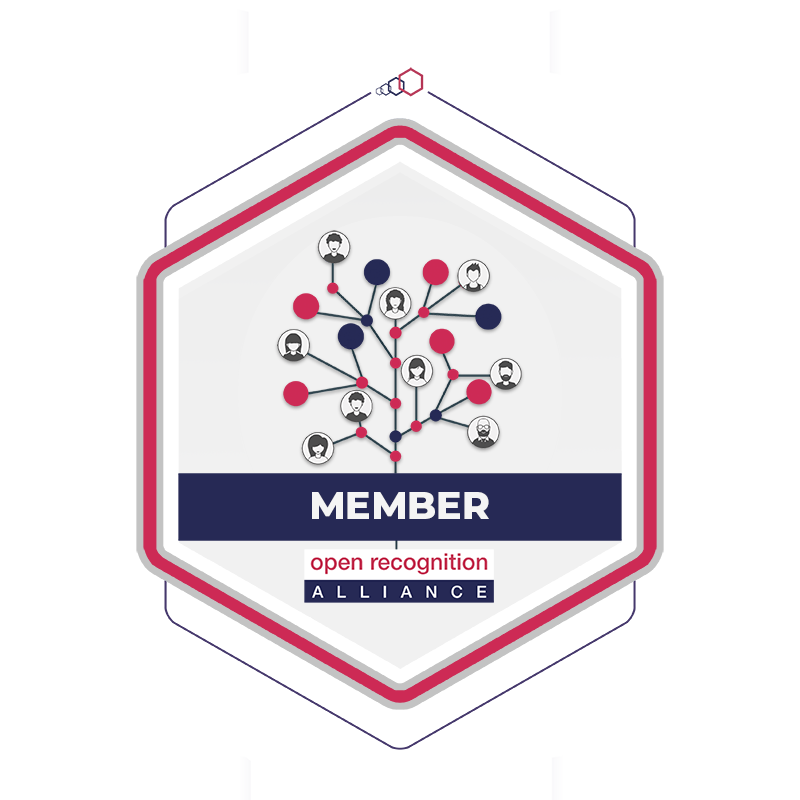
Member
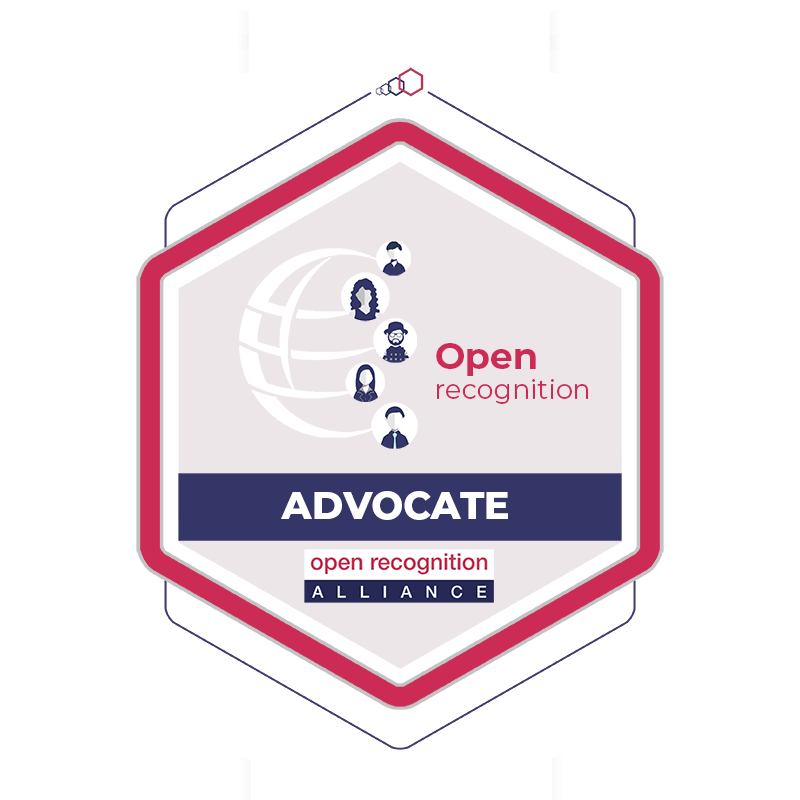
Advocate
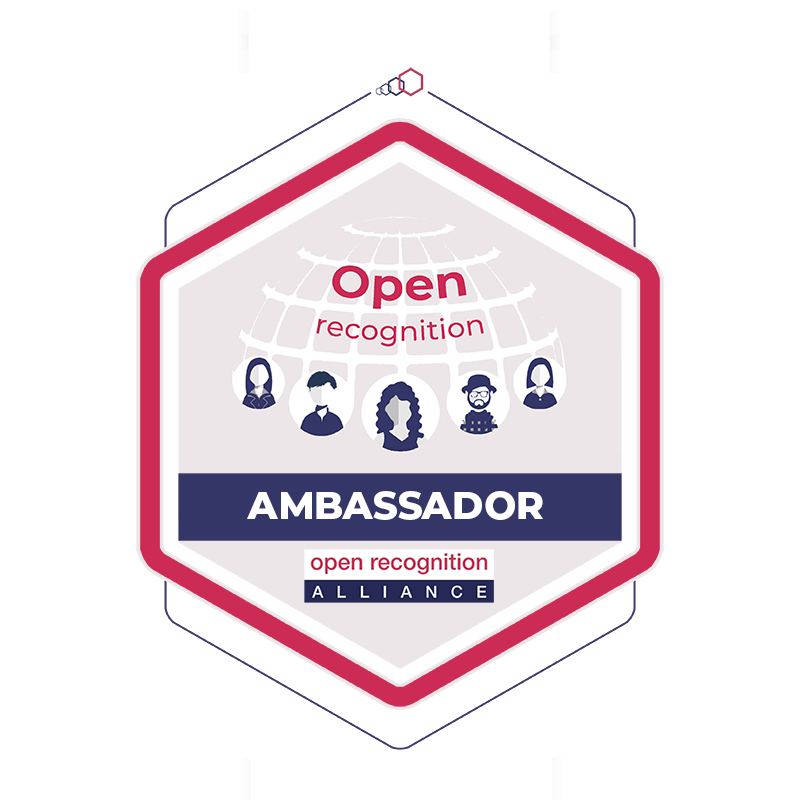
Ambassador
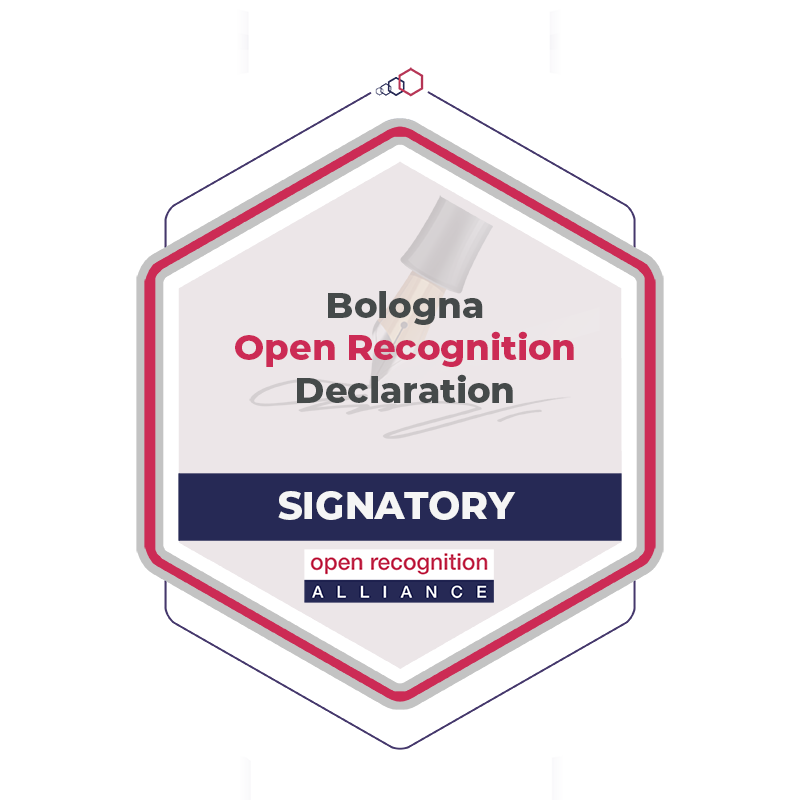
Board signatory
Birth of Open Recognition Netherlands
On September 17th the Open Recognition Netherlands foundation organised their first online expert meeting around recognising soft skills with open badges. The speakers had different backgrounds: DUO (National Diploma Register) shared a project called Soft Skills 4 EU, KOMPAS21 is another initiative in the Netherlands that enables VET students to reflect on their soft skill development.
Then 3d came Follow your Dreams, an example based on the national program Community service for young people): young adults are facilitated to participate and be recognised for their effort in taking part in the local program in the Hague.
The ‘Schakeljaar-program’ is a connecting program for young students between secondary special education and VET education was presented by a regional VET school that uses badges.
Two panel members from Randstad (international employment agency) and a regional talent campus (that connects employers, government and education with talented people with use of badges) reflected on the presentation. A discussion was held at the end where the attendees from education, business, HR and government were invited to share their thoughts and ideas.
More to be published (including the recording) on www.openbadges.nl.
What's up around the world with Open Badges ?
Recognition of Experience Validation of Experience, Achievements and Learning
The objectives of REVEAL, an Erasmus+ project, is twofold:
- providing support to existing informal and formal networks to become active Learning Recognition Networks, i.e. recognising the learning that takes place within in a way that makes it visible beyond
- exploring the potential of loosely coupling (informal) ‘recognition’ and (formal) ‘validation’ as a means to remove current barriers to recognition
Recognising Emerging Practices Anticipating Industry Renewal
A changing world of work requires new approaches to the development of occupational frameworks, and the need for The need for a Sustainable World an opportunity to make SDGs an integral part of those frameworks.
The REPAIR (innovative) approach is twofold:
- apply the lessons learned from modern mapping techniques to create lively occupational/practice/competency maps
- make the reflexion on SDGs an integral part of the process to create forward looking occupational/practice/competency maps
Making Informal Recognition Visible and Actionnable
On 24th October 2017 in Bologna was launched a 3 years project sponsored by the European Commission: Making Informal Recognition Visible and Actionable (MIRVA). MIRVA was an active participant in the 15th ePIC conference where actors started working on the definition of an Open Recognition Framework. Read more about
Broadening Recognition Initiatives Developing Gender Equity in Sciences
BRIDGES aims at designing, implementing and evaluating Open STEM Ecosystems based on innovative approaches to recognition and accreditation to improve gender equity in the access to STEM education and careers. Learn more about it
The LebPass initiative
LEBPASS is a new initiative in Lebanon and the Middle East which aims in helping students and graduates make their skills and qualifications clearly and easily understood in Lebanon, as well as across the Middle East and Europe, thus facilitating the mobility of both learners and workers. LEBPASS Project will unite universities, graduates, employers and other stakeholders for the sake of delivering a Diploma Supplement that could translate the qualifications and skills of students and refugees graduated from Lebanese Higher Education institutions. Read more about
Events
ePIC 2020 conference : call for contribution
Contribute to this unique online format of the ePIC conference!
ePIC 2020 will span 72 hours continuously across three time zones (Europe/Africa, the Americas, Asia/Pacific) to welcome participants from all continents and all walks of life eager to explore all the dimensions of an emerging culture of recognition that gave birth to Open Badges – Open Badges as artefacts of an emerging culture of recognition?
While learning and employment were the main themes of previous ePIC conferences, this year’s objective is to broaden our understanding of recognition as a culture that includes music, poetry, dance, painting and other artistic forms or expressions as expressions of recognition.
A new version for a unique experience!
Although 100% online with simultaneous translation in French/English/Spanish (on certain time slots), participants are encouraged to organise local, physical and online events that will be included in the programme through interviews, video captures, etc.
In the coming weeks, the programme will be complemented by workshops, speeches, round tables, presentations, interventions and performances.
Be a force for proposal and join the contributors! Submit a contribution
Contact the association: secretariat@openrecognition.org
Trainings and workshops
Organisations wishing to communicate on their events, training, workshops and various participations, can – if they are members of the Open Recognition Alliance – send information by e-mail to the following address: contact@openbadges.info.
The following is based on information received from owners of badge creation and issuance platforms.
Open Badge Factory & Passport

- OBP mobile application: A mobile version of Open Badge Passport is due to be released in early October!
- “Spaces”: Ongoing development of an access to Open Badge Passport for organisations and community. These will be spaces dedicated to these organisations and communities. The development is done in collaboration with HPass, the B.O.A.T network and the CIBC of Normandy. More information to come at the ePIC 2020 conference!

- WIKIBADGE: During October, OBF will complete its functionalities by offering a free and open Wikibadges service (wikibadges.org). The idea behind Wikibadges is to serve as an open space where members of communities interested in open badges can co-create badges and find consensus around their design. OBF has built an interface between Wikibadges.org and the platform, so that it will be possible to deliver wikibadges via OBF and OBP in the future.
- Shareable badge applications: since the beginning of September, it is possible for OBF Pro users to share several badge requests at the same time as links! Thanks to shareable badge requests, it will be easier for a large network of examiners to assess skills and achievements on a common basis.

IBM awards its three millionth digital badge (and disrupts the labor market in five big ways) (By David Leaser from IBM) Read the article
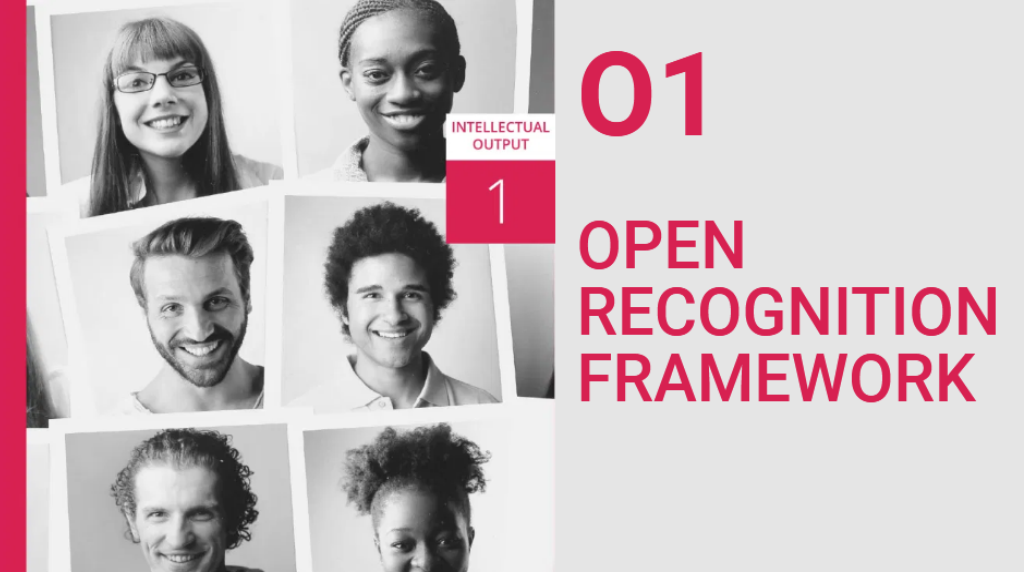
New Open Badges ressources: find out the intellectual ouputs of the MIRVA project (Overview of the guidelines) – See the completed works
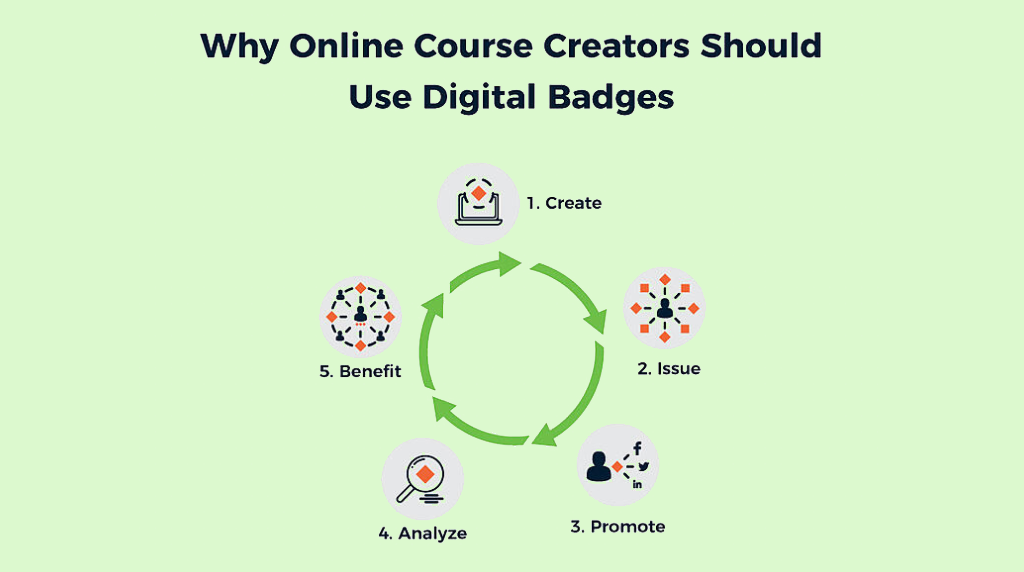
6 reasons why online course creators should use digital badges (By Mike Weiss – Client Engagement Academy) Read the article
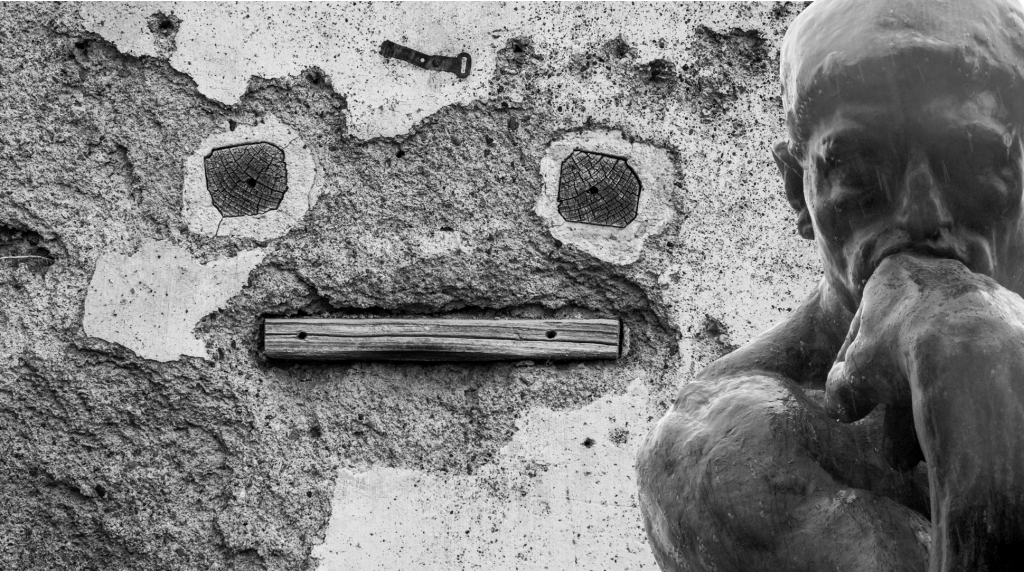
Thinking recognition with Open Badges (french article proposed by Serge Ravet – Open Recognition Alliance) Read the article

Why decolonising recognition? (Collective and collaborative work) – See the website of the book

Competency Badges: the tail wagging the dog? (article proposed by Serge Ravet – Open Recognition Alliance) Read the article
